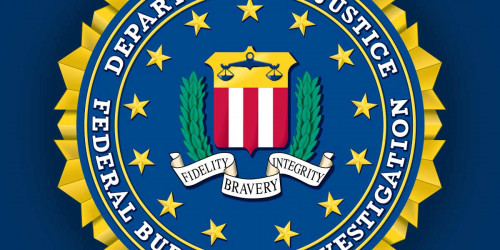EFF is calling for Congress to hold aggressive hearings on the FBI's domestic intelligence authority after the release of a Justice Department report [PDF] showing the Bureau abusing its power to collect telephone, Internet, financial, credit, and other personal records about Americans without judicial approval.
Sen. Patrick J. Leahy, D-Vermont, has said the Senate Judiciary Committee will hold hearings into the report's findings. But the widespread abuse detailed in the report requires more than just a cursory examination.
"The Bureau's misuse of its intelligence authority is an ongoing critical problem," said EFF Staff Attorney Marcia Hofmann. "Congress must use its investigative power to find out what's really going on at the FBI -- and then rein in the Bureau's investigative authority to where is was before the USA PATRIOT Act."
In the report, the Justice Department's inspector general identifies four dozen instances in which demands for personal information -- known as National Security Letters -- may have violated laws and agency regulations. The report also found that the Bureau lied to Congress about its use of the letters.
The FBI has had limited authority to issue National Security Letters for many years. However, a controversial provision of the PATRIOT Act greatly expanded the Bureau's ability to use them to gather information about anyone, as long as the agency believes the information could be relevant to a terrorism or espionage investigation.
Today's report follows the inspector general's findings last year that the Bureau had disclosed more than 100 instances of possible intelligence misconduct to the Intelligence Oversight Board in the preceding two years, a number of which were "significant."
In 2005, EFF argued in a friend of the court brief that the FBI's "unfettered authority" to issue National Security Letters "is ripe for abuse." The danger of such abuse has now been documented.
"This is not simply about errors in 'oversight,'" said EFF Senior Staff Attorney Lee Tien. "This is about disregard for the law. For example, FBI terrorism investigators ignored their own lawyers' advice to stop using so-called 'exigent' letters for about two years."
For more information, read the full report from the Justice Department, as well as this brief description of National Security Letters .









